by Anthony Murtagh
This week Standard Chartered became the second bank in less than a month to be accused of wilfully breaching anti-money laundering (AML) regulations in the US.
The report released by the New York State Department of Financial Services (NYSDFS) accusing the bank of illegally moving $250bn of Iranian money through the US financial system came just weeks after a US Senate report claimed that lax anti-money laundering policies at HSBC had exposed the U.S. financial system to “a wide array of money laundering, drug trafficking, and terrorist financing”.
According to emails retrieved by the NYSDFS, SCB engaged in this practice despite being acutely aware that it had the potential to cause “very serious or even catastrophic reputational damage”. One therefore has to ask why they engaged in it at all, and the answer is perhaps because any notion of “reputational damage” to these global institutions is just utter nonsense.
This is because many major banks been fined for their involvement in regulatory breaches during the last decade. Some even argue that that those banks who have not been hit with big fines just aren’t playing the game hard enough.
In January 2009, Lloyds TSB Bank plc agreed to forfeit $350 million to the United States and to the New York County District Attorney’s Office after illegally conducting transactions on behalf of customers in Iran, Sudan and other countries sanctioned in programs administered by the Office of Foreign Assets Controls.
In December of the same year, Credit Suisse Bank forfeited $536 for similar violations between 1995 and 2006.
In August 2010, Barclays Bank plc settled out of court after being accused of being “knowingly and wilfully engaged in … payments in violation of US sanctions”, paying $298 million.
These fines for violations of the International Emergency Economic Powers Act (IEEPA) have already sparked cries from some in the financial services sector of a ‘turf war’ between the American banks and their European counterparts.
But sanctions’ violations are just the tip of the iceberg. They have also been investigated and fined over the mis-selling (or fraud to the common man) of PPI policies, the mis-selling of interest-rate swap derivatives to small and to medium-sized businesses, failing to segregate client monies, the list goes on.
Most recently Barclays has been fined for misconduct relating to the London Interbank Offered Rate (LIBOR) and the Euro Interbank Offered Rate (EURIBOR) – and Royal Bank of Scotland, HSBC and Lloyds Banking Group have been named in lawsuits suggesting that Barclays wasn’t acting alone.
When you have all of these banks being involved in regulatory breaches they all devalue their reputations to the same level.
You cannot tarnish a non-existent reputation, and there few banks out there with much of one left.
Do you think that banks are a law un to themselves? Please leave your thoughts below.





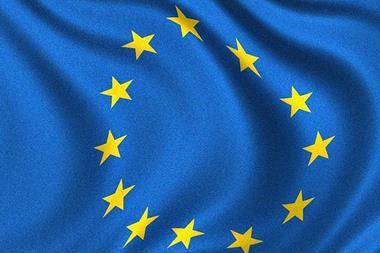
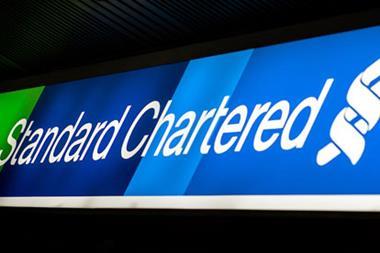
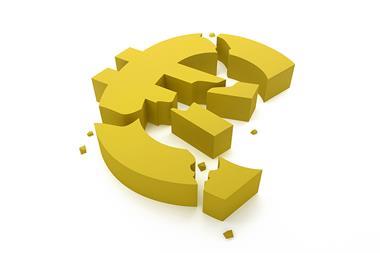
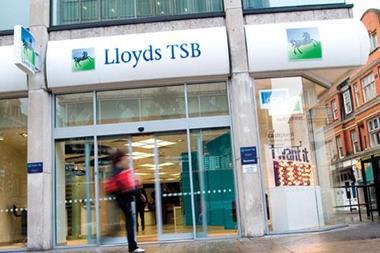
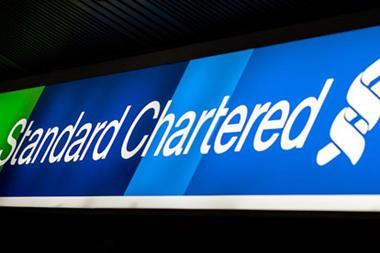
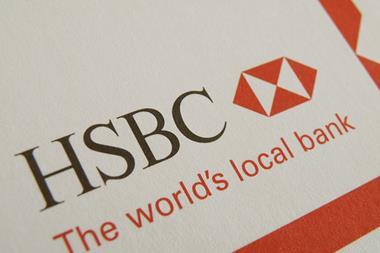









No comments yet